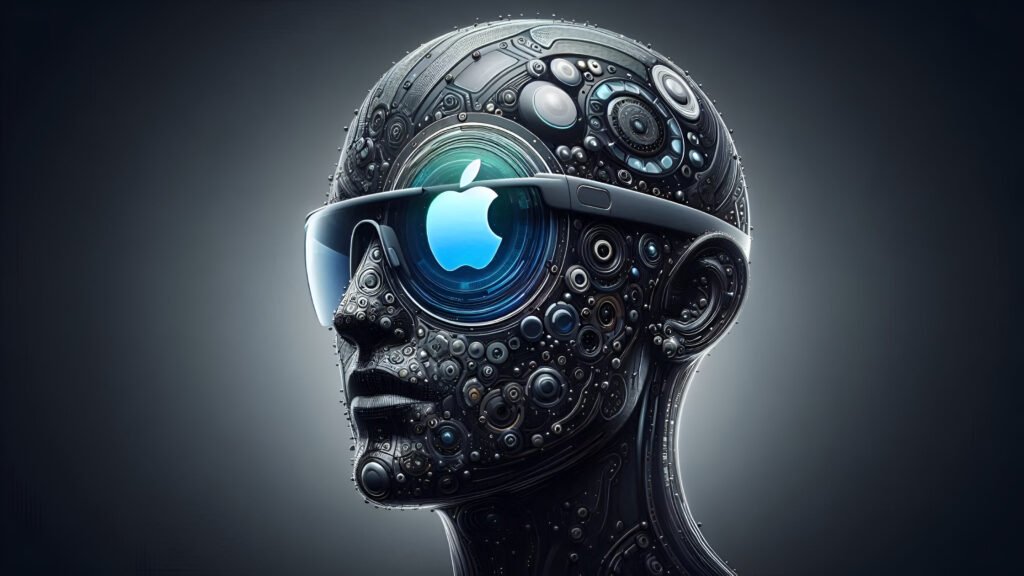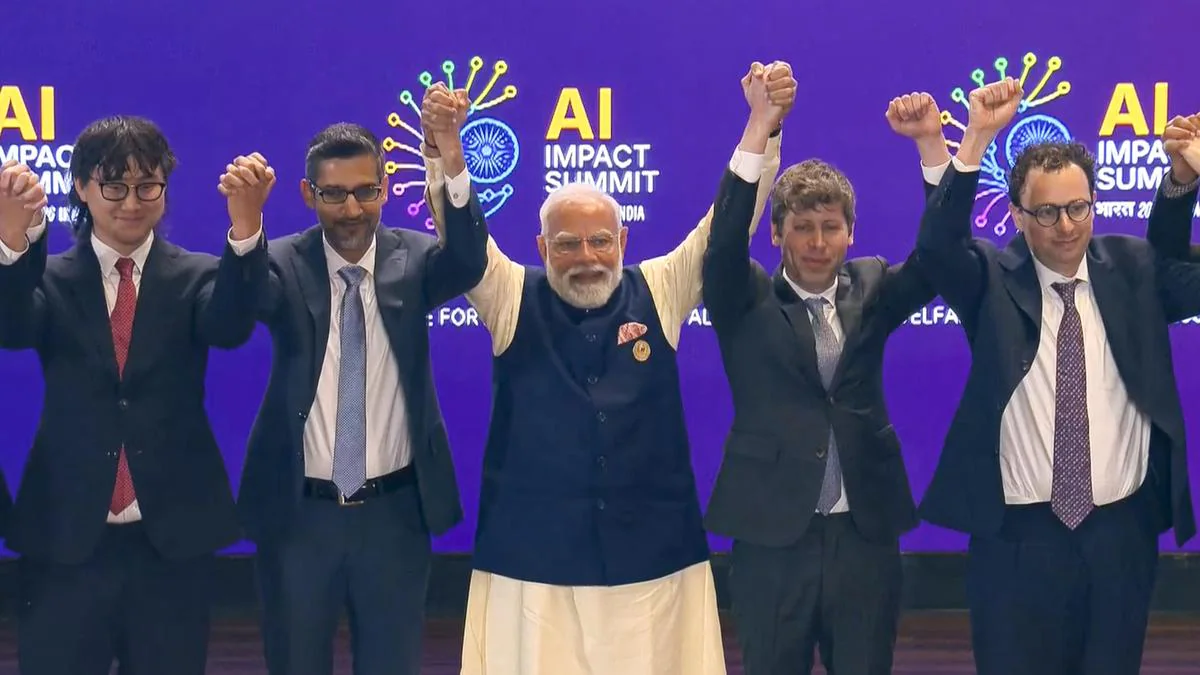
Apple just made some pretty big moves that nobody saw coming. The company is reportedly fast-tracking development of smart glasses for a 2026 launch while simultaneously pulling the plug on their Apple Watch with camera project. This isn’t just another product shuffle; rather, it’s Apple doubling down on AI wearables in a way that could reshape how we think about personal technology.
Apple’s All-In Bet on Smart Glasses Technology
Here’s what’s interesting about Apple’s approach to smart glasses: they’re not trying to recreate Google Glass or compete directly with Meta’s Ray-Bans. Instead, Apple is building something that sounds way more integrated into their ecosystem.
The glasses will reportedly pack cameras, microphones, and deep Siri integration. Think of it less like “computer on your face” and more like “your iPhone’s AI assistant, but hands-free.” That’s actually a smart play, considering how much people already rely on Siri for quick tasks.
What gets me excited is the timing. 2026 gives Apple enough runway to perfect the technology while everyone else is still figuring out what consumers actually want from smart glasses.
The Apple Watch Camera That Never Was
Apple killing their watch-with-camera project tells us a lot about where they think wearable tech is headed. Honestly, a camera on your wrist always felt awkward anyway—the angles would be terrible, and who wants to lift their arm every time they want to take a photo?
The decision shows Apple is being strategic rather than just throwing features at products. They’re asking, “What makes sense?” instead of “What’s technically possible?” That’s very Apple, and it’s probably the right call.
Plus, think about it—if you’re wearing Apple Glasses, why would you need a camera on your watch? The glasses would handle photos and video way more naturally.

Apple’s AI Strategy Finally Makes Sense
This whole move clicks when you realize Apple has been quietly building toward this for years. Siri improvements, on-device AI processing, better voice recognition—all of that was laying the groundwork for something like smart glasses.
The glasses become this perfect vehicle for Apple Intelligence without forcing you to pull out your phone constantly. Ask questions, get directions, take photos, and send messages—all through voice commands and gestures. It’s like having a personal assistant that actually works.
What’s clever is how this sidesteps the whole “smartphone addiction” conversation. Instead of staring at a screen, you’re just living your life with AI quietly helping in the background.
How This Changes the Apple Ecosystem Game
Apple’s ecosystem has always been about devices working together seamlessly. Smart glasses take that to another level entirely. Imagine your glasses knowing your calendar, your location, and your preferences and being able to anticipate what you need before you ask.
The integration possibilities are wild. Your glasses could automatically adjust your smart home settings when you get home, show you navigation without looking at your phone, or let you control your Apple TV with just a glance.
This isn’t just about adding another device to the lineup—it’s about making all your Apple devices work better together through ambient computing.

What Apple Learned from Everyone Else’s Mistakes
Google Glass failed because it was too early and too creepy. Meta’s smart glasses are cool but limited. Apple seems to be learning from both approaches.
By waiting until 2026, they’re letting battery technology, AI processing, and miniaturization catch up to their vision. They’re also probably spending a lot of time on privacy and social acceptance—two things that killed Google Glass.
The fact that they’re canceling other projects to focus on this tells me they think smart glasses could be their next iPhone-level product. That’s a big bet, but Apple’s track record with “one more thing” products is pretty solid.
The 2026 Timeline Actually Makes Perfect Sense
Two years gives Apple time to get this right in ways their competitors haven’t. The technology needs to be invisible, the battery life needs to last all day, and the social awkwardness needs to be solved.
By 2026, AI will be even better, chips will be more efficient, and people will be more comfortable with wearable AI. Apple’s not rushing to market—they’re waiting for the market to be ready for them.
If they nail the execution, Apple Glasses could do for smart eyewear what the iPhone did for smartphones. And honestly? After watching everyone else stumble through this space, I’m ready to see what Apple’s version looks like.







